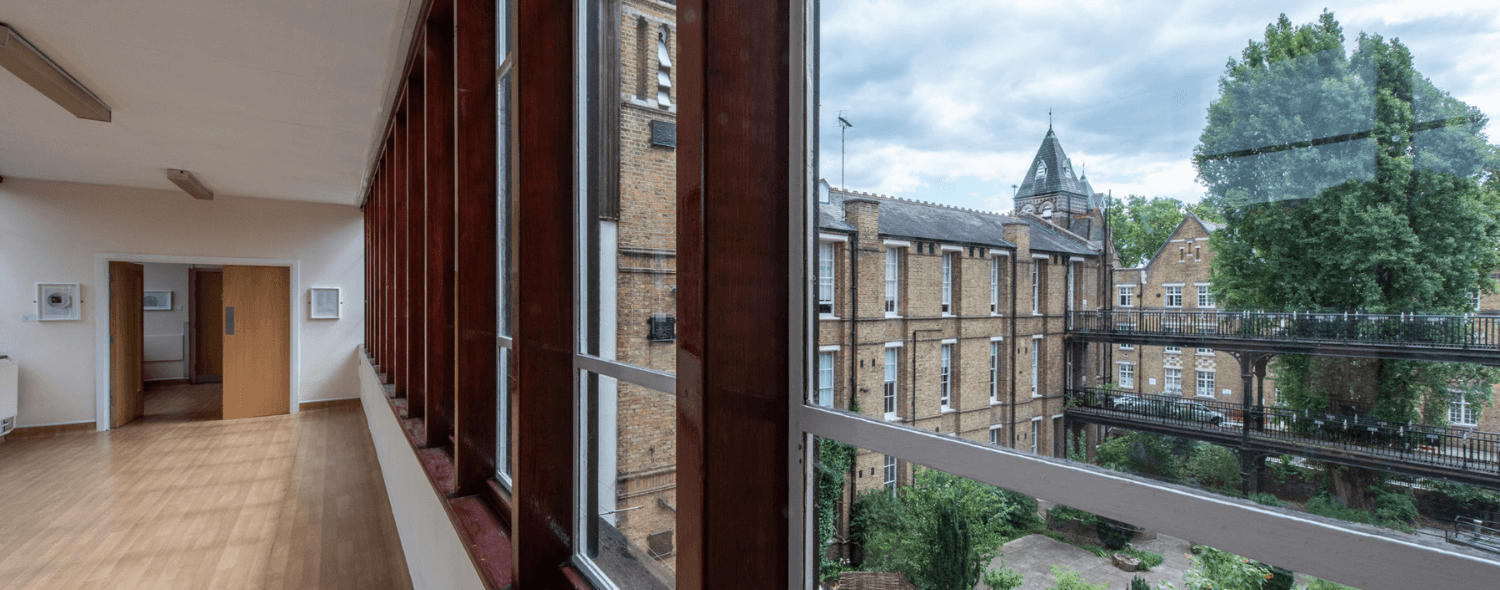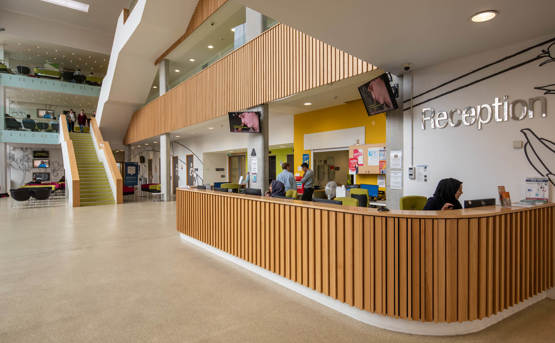
Published date: 03 October 2019
Blog: cutting the cost of empty space with the Vacant Space Handback Scheme
How can we help you cut the cost of empty space in your buildings? Our Vacant Space Programme Lead answers your questions.
Last month we ran a webinar to discuss with our customers how NHS Property Services (NHSPS) can to help them identify and pass on the liability for vacant space in their buildings, cutting running costs and creating a more efficient estate.
Webinar recordings and slides available here.
Learn more about the Vacant Space Handback Scheme and submit a Property Vacation Notice.
Leo Grunhut, Programme Lead for the Vacant Space Handback Scheme, sheds some light on the details of the programme.

Has there been a reduction in leasehold vacating payments similar to that of freeholds?
At the moment this is not being considered. The route to re-purposing a freehold property that has been announced surplus to requirements is clearer, most likely to be a disposal. There’s far less flexibility around leasehold properties, with far more options to consider, and often dependent on how many years it has left on the lease. The scheme essentially hands over the risk from the Commissioner to NHS Property Services, and on cases where we are limited on what we can do with a property until a lease expires, it’s felt that it’s fair to maintain that payment upon vacating. For CCGs a 12-month payment might seem a lot, but to get out of a multiple year lease it’s still a significant saving, and you have a certainty that that liability is off your books.
Do accommodation charges include Facilities Management contracts, for example sanitary contracts that will not be needed for an empty building?
We’ve covered the ambition to simplify and speed up the process, and including those charges enable this. Whilst some costs (cleaning etc) may reduce upon vacation of the property, there may be other new costs like security for the empty site, making cleaners redundant etc.
We could take a relatively simple estimation of the running costs and fast track the Commissioner to handback or take many weeks estimating the specific costs and imagining what we might incur as we prepare the premises for re-purposing.
We are experiencing long delays in our Property Vacation Notices, how can this be rectified?
We recognise this as a problem as the scheme becomes better known and more popular, and we are working hard to match the demand with resource to handle and process the requests. It’s also a matter of better connecting internal teams to better understand the local context in which the property sits.
Is there a process to screen and review new tenants for the vacant space, as some private renters or buyers may be deemed inappropriate for NHS space (if its only part of a building/site handed back)?
Its best practice to have a conversation with the local CCG before moving forward with a new occupier, apply local teams’ expertise to assess the situation and we’d avoid having any sort of adverse effect on clinical practice.

Would the Vacating Payment be treated as a Capital Payment rather than Revenue Expenditure?
Revenue. The payment is a one-off settlement fee to cover future operational costs of the property for an agreed period of time. There is no transfer of the asset and the risk and rewards of holding the property remain with NHS Property Services. This was a post-webinar clarification, which we sought our Finance team’s advise on.
If you have a site with multiple buildings where you can dispose one of the buildings, does the three-month rule apply or will it remain six months for the Vacating Payment?
Yes, that’s occurred on several occasions. The 50% reduction to the three-month payment is if the building being handed back is a whole building, whether that’s on a site alongside other buildings or a standalone.
As well as information coming from CCGs about their property intentions is there a similar level of information sharing from NHSPS on the lifecycle of its properties particularly concerning the life of a property with a head lease?
Absolutely, if you have that conversation locally and it’s a leasehold property, we’ll be happy to share the details of that lease e.g. how long that property has to run. And once you have a clearer view of what the options are on that property hopefully that can help with formulating estate strategies.
We are always keen to help clarify or support further on this initiative, so would love to hear from you as we work together to better use and evolve the estate. If you have any questions, please reach out via our Customer Services team.





